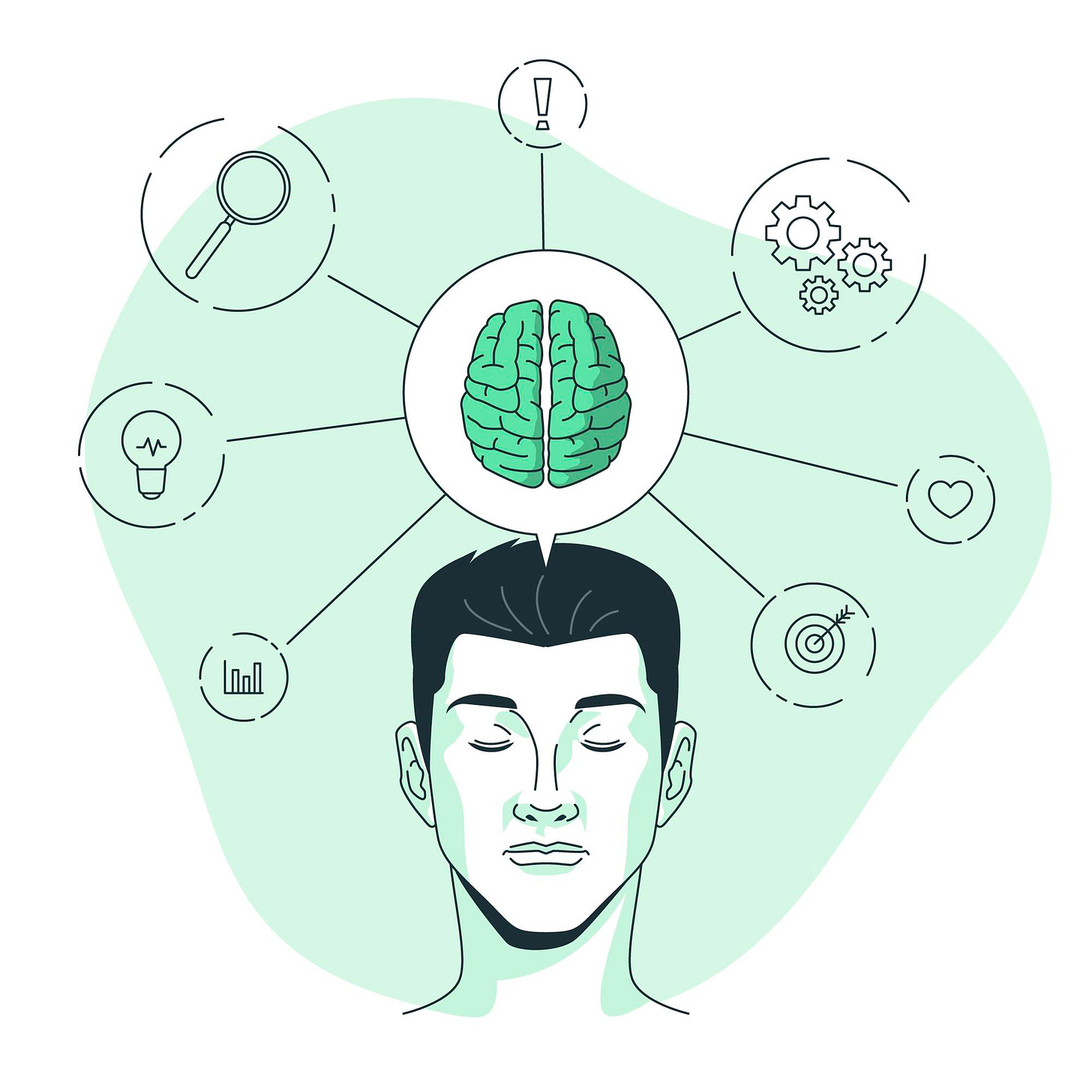Importance of emotional Intelligence in the Workplace
Hi there!
In this week’s bulletin, we will be talking about how emotional intelligence is important in the workplace and what are the possible ways you can promote it.
Emotional intelligence is important for understanding your emotions in the workplace. It involves managing your emotions and those of others to help you work better. Let us learn more about it.
What are the components of emotional intelligence?
1. Self-awareness
Self-awareness means knowing about your emotions and how they may affect others around you. It helps improve your decision-making and affects your work positively.
2. Self-regulation
Once you are aware of your emotions, it is important to regulate them. If you are an emotional person who has outbursts at small things and gets angry frequently, it is time to regulate your emotions and make sure they do not affect anyone negatively.
3. Motivation
Motivation is another aspect of going forward with your work and always upgrading yourself. When you keep yourself in the highest position, there is no possibility of improving, and if you put yourself too low, you lose all the motivation to get anything done.
4. Empathy
It is one of the most important interpersonal skills. It helps you to put yourself in someone else’s shoes and see their perspective.
It is important to respond to your fellow workers, even if there is a difference of opinion. It also promotes diversity and inclusion in the workplace.
5. Social skills
People with good social skills are often considered "people’s person" because they find it easy to talk to everyone. They are better at communicating and often become leaders because they are good at keeping the team together.
How can you develop self-awareness?
1. You can involve yourself in mindful activities like meditation or deep breathing.
2. You may start journaling every day, which will help you keep track of your activities.
3. You may ask for feedback from your team members or leaders.
4. Utilize self-assessment tools, such as personality assessments or emotional intelligence assessments.
5. Consider attending workshops or training programs focused on emotional intelligence.
Let’s wrap
As an employer, you may also give success stories to your employees about how emotional intelligence has helped others. When employees keep their emotions in check, they tend to perform better and become better.
Signing off till next bulletin!



